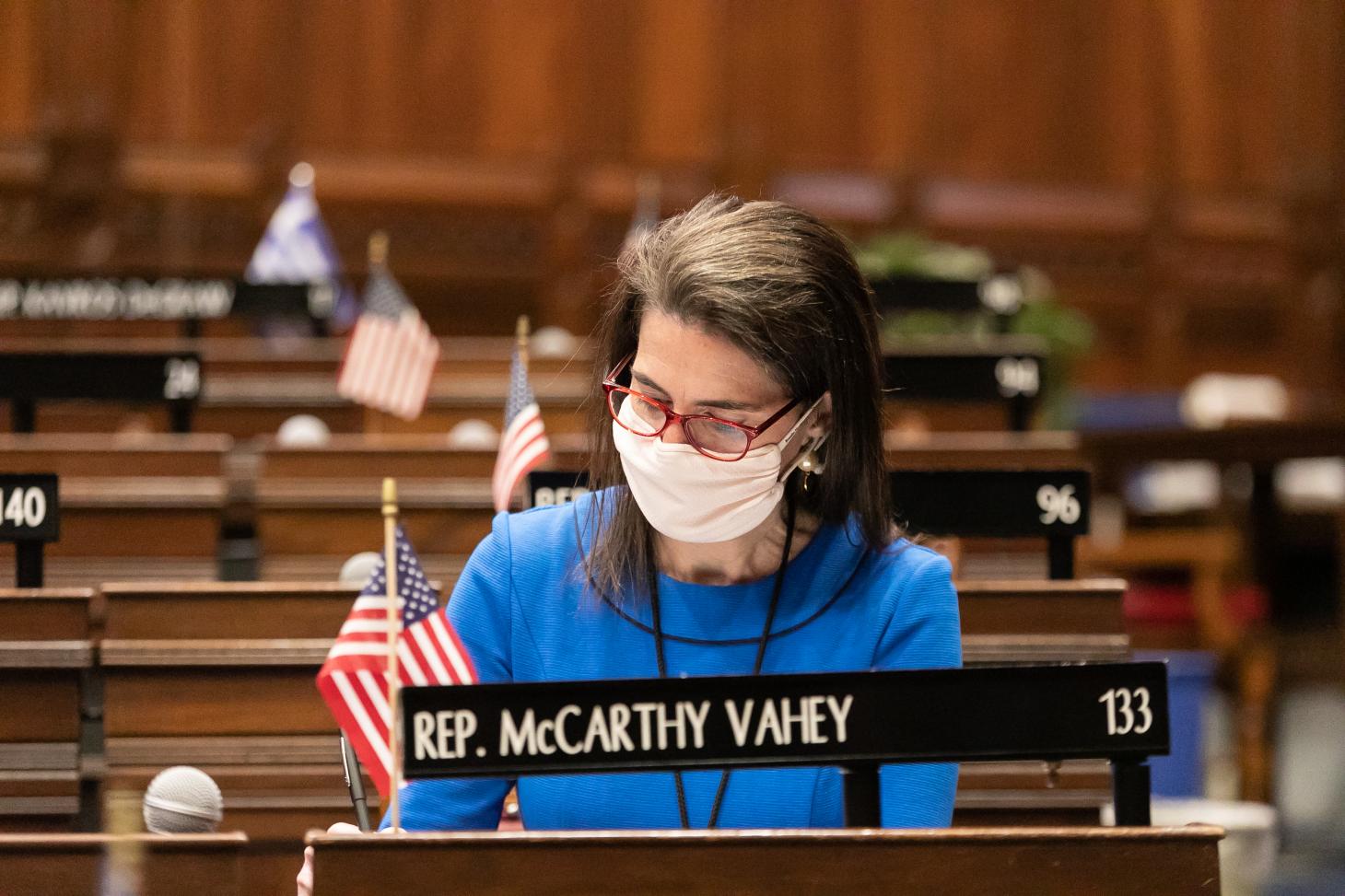For 100 years, the Connecticut state law that governs zoning, statute 8-2, has outlined what our municipalities must do, may do, and may not do as we create local zoning regulations. The bill’s provisions, which you can find fully detailed via the nonpartisan Office of Legislative Research’s Bill Analysis are partially outlined below:
- Allows Accessory Apartments (often known as in-law suites) on lots with single family homes, unless a municipality chooses to opt out of the provision.
- Authorizes municipalities to charge technical consultant fees for evaluation of development projects and limits their ability to charge more for projects that are affordable housing developments.
- Requires municipal Zoning Enforcement Officers to receive and maintain certification.
- Allows Water Pollution Control Authorities to add information about sewer system capacity in certain areas to municipal WPCA plans.
- Requires communities to submit to the state’s Office of Policy and Management by June 1, 2022 the Affordable Housing Plan required by 8-30j.
- Requires member of local land use boards to receive 4 hours of training biennially.
- Reorganizes aspect of the 8-2 statute, known as the Zoning Enabling Statute. 8-2 applies to municipalities which exercise zoning powers under the statutes. Fairfield is one of the communities that does so, as are most CT towns. Some of our older communities are governed by a Special Act process and two communities in our state do not have any zoning.
- Allows communities to expand the renewable energy and conservation provisions that can be required or promoted for development.
- Removes the use of the word “Character” and instead requires that regulations be drafted with reasonable consideration as to the “physical site characteristics” of the district with a view toward encouraging the most appropriate use of land throughout a municipality.
- Specifies that a community may regulate to explicitly protect the state’s historic, tribal, cultural, and environmental resources.
- Confirms that that regulations may provide for floating zones, overlay zones, and planned development districts. (Connecticut courts have held that CGS § 8-2 implicitly grants municipalities the power to use these techniques.) This codifies court rulings.
- Authorizes municipalities to use a vehicle’s miles traveled and vehicle trips generated standard instead of, or in addition to, a “level of service” traffic calculation. This is a municipal option.
- Requires regulations consider the impact of permitted land uses on contiguous municipalities and the planning region; address significant disparities in housing needs and access to educational, occupational, and other opportunities; affirmatively further the purposes of the federal Fair Housing Act; and promote efficient review of proposals and applications.
- Allows “cottage food” operations in residential zones – what some might refer to as home bakers.
- Prohibits regulations from requiring more than one parking space for each studio or one-bedroom dwelling unit or more than two parking spaces for each dwelling unit with two or more bedrooms unless the municipality opts out. Opt-out provisions are outlined in the statute.
- Establishes a Commission on Connecticut's Development and Future to evaluate policies related to land use, conservation, housing affordability, and infrastructure.
The bill, an amendment of the 8-2 zoning statutes, does not address, other than a clarification related to accessory apartments, the 8-30g statute, which is principally the purview of the Housing Committee. Housing policy is impacted by zoning policy, and this is primarily a planning / zoning bill. |
|

